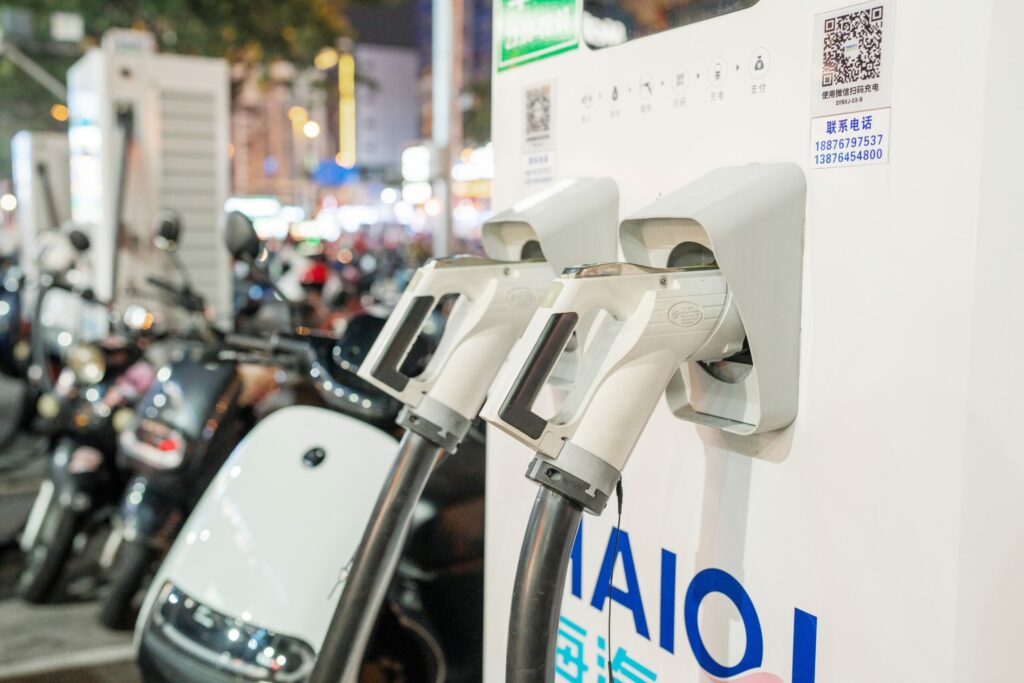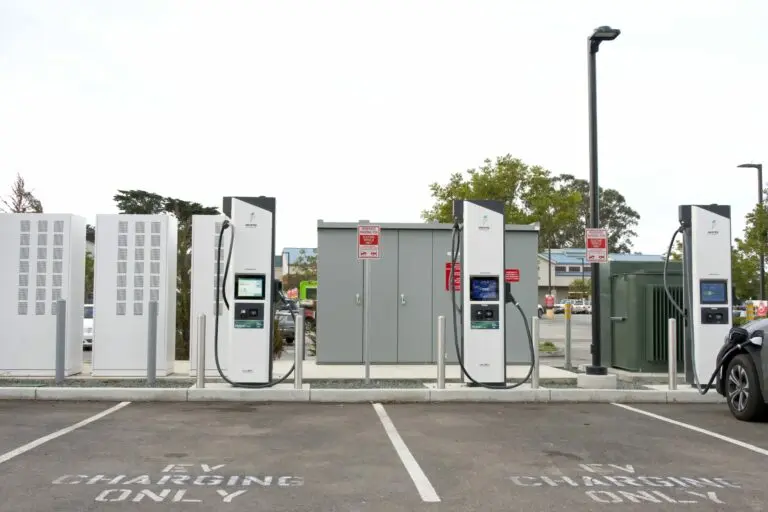China has announced an ambitious national plan to deploy 100,000 ultra-fast charging stations by the end of 2027, to support the rapid growth of electromobility in the country. The programme, steered by the National Development and Reform Commission (NDRC), is the most ambitious reform of charging infrastructure ever undertaken by Beijing.

Open, fast, universal stations
Unlike fragmented or proprietary networks, these new stations will be compatible with all electric vehicles. The plan is to allow charging from 10% to 80% in less than 30 minutes for 800 V models.
Each terminal will be linked to local solar generation and stationary storage batteries. The aim is to relieve the strain on the national grid. Dynamic pricing will be introduced to encourage users to recharge at off-peak times.
An urgent need in the face of a gigantic electricity fleet
At the end of 2024, China had more than 31 million electric vehicles, but only 3.3 million public charging points, according to official figures. This imbalance is prompting Beijing to act quickly to avoid saturating the network.
The government is introducing a system of long-term leases (10 years) for operators and raising local bonds to finance the network. A concrete example can already be seen in Guiyang, where a station combines ultra-fast recharging, solar power and V2G (vehicle-to-grid) technology.
With this plan, China is not just catching up: it is laying the foundations for a global standard in intelligent, decentralised and sustainable recharging.












